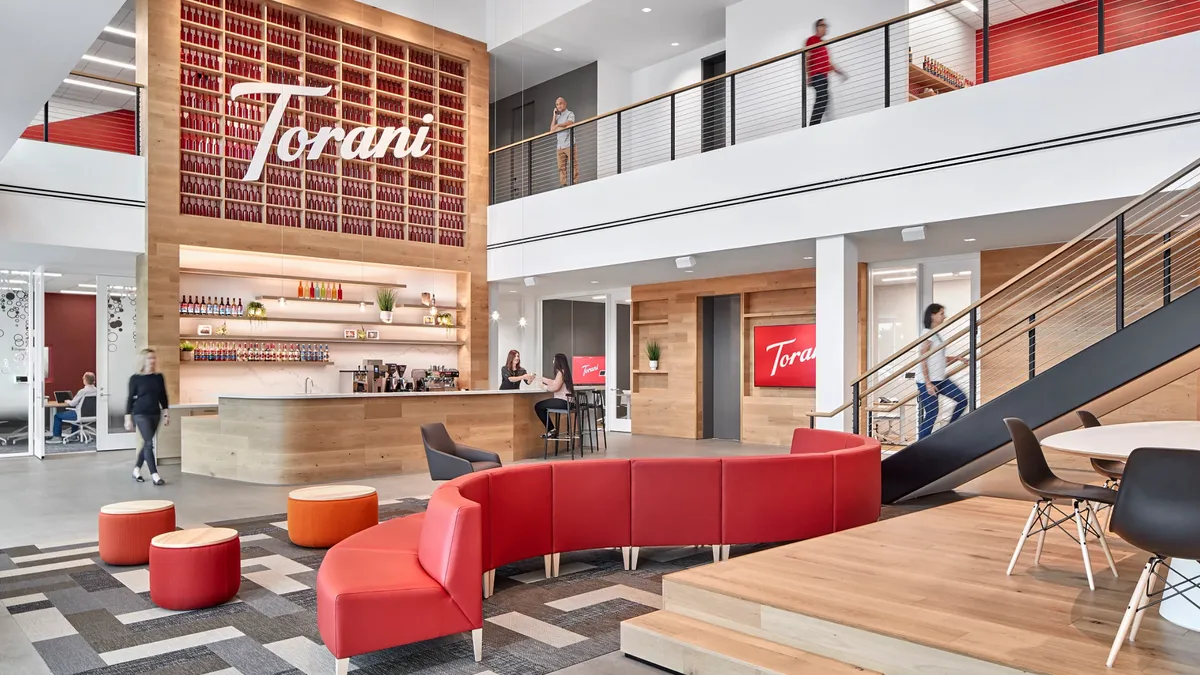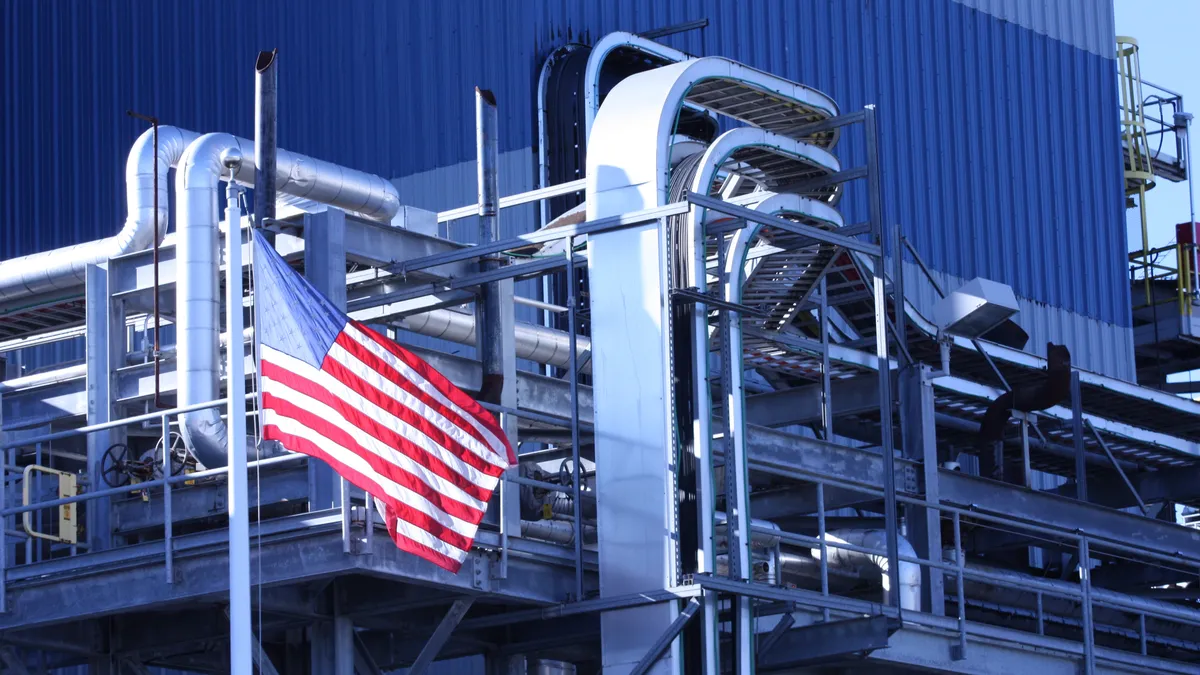Despite year-over-year improvements in production capacity, revenue and shift work, 76% of manufacturers said they’re still struggling to fill critical labor gaps, and 66% said it’s taking longer to fill open positions, according to an Aug. 28 report from the UKG Workforce Institute.
“Manufacturers understand the gravity of their situation. This is an issue they’ve been tackling for a long time — much longer than the pandemic-induced labor shortages affecting other industries have existed,” Kylene Zenk, industry fellow of manufacturing at UKG, said in a statement.
“By and large, our research shows most organizations are taking meaningful steps to close the manufacturing skills gap that could immobilize the U.S. economy if left unchecked,” Zenk said. “Manufacturers understand the assignment and are looking to people-focused initiatives and technology advancements to strengthen recruitment and retention.”
In the survey of more than 300 U.S. manufacturing HR leaders, about 62% reported an increase in employee turnover, and 57% reported an increase in unfilled jobs over the previous year. About 54% said their annual turnover rate is higher than 20%.
In response, many HR pros noted priorities to diversify recruitment, strengthen the employee experience among frontline workers and train frontline managers. About 24% are proactively recruiting women, and 39% consider diverse hiring a “high priority” for their organizations.
In addition, 80% recognized that they have two separate cultures — with a greater focus placed on a positive culture and employee experience among corporate employees rather than among the hourly team members who work the production lines. About 68% of respondents said their companies aren’t doing enough to support the frontline employee experience or on initiatives such as professional development, flexible schedules, predictable work schedules, paid time off and employee wellness.
“While operational dynamics may prevent all employees from having the same experience, manufacturers do have opportunities to enhance equity at all levels of their organizations,” Zenk said.
As the labor crisis continues in several industries, leaders are coming together to build awareness and talent pipelines. The newly-formed Skilled Trades Advisory Council, for instance, will offer events, camps and scholarships across the construction, retail and skilled trades industries to appeal to younger workers and women who may not have considered these jobs previously.
In some industries, leaders are looking to women as a source of untapped talent. In the tech industry, women of color continue to be disproportionately underrepresented. In manufacturing, Torani — the flavored syrup company — has boosted the number of women in its frontline workforce by 625%. In recent years, the company has focused on hiring for potential, upskilling workers on manufacturing skills and offering flexible roles that can accommodate priorities such as caregiving duties.











